Interview: Guitarist and Instructor Steve Trovato on Technology and the Changing Classroom
All the latest guitar news, interviews, lessons, reviews, deals and more, direct to your inbox!
You are now subscribed
Your newsletter sign-up was successful
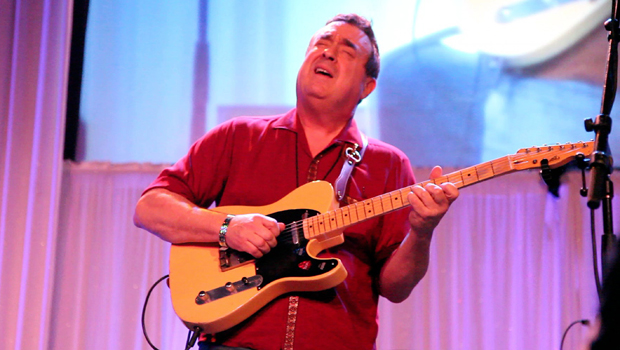
Recognized as a virtuoso in jazz, rock, country and blues, Steve Trovato is a legend amongst guitarists.
An award-winning player, he has written 40 instructional books, released 30 DVDs, contributed columns to guitar magazines, and is heralded as an educator at the University of Southern California’s Studio Jazz Department. In January 2011, he headlined the winter NAMM All Star Guitar Night in Anaheim, accompanied by his longtime friend and colleague Carl Verheyen, bassist Stu Hamm and drummer Danny Gottlieb.
Trovato is most often recognized for his teaching career, although he performs regularly and has a new album in the works. In this interview, he offers some observations about how technology has changed the classroom environment and the role of the recording artist.
You came up during a time when radio was king and it was possible to listen to an FM station and get an across-the-board musical education. Today, music is reduced to ringtones, and people buy songs instead of entire albums. What happened?
This generation grew up on computers, with so much information so fast that they have no attention span. When I play soundbites of blues artists in class, 50 seconds into it they’re bored and start texting. It is heartbreaking, but it’s a fact of life. That’s the reason branding is so important now. It’s not for those kids. They’re not my audience. Their parents are my audience, and their generation of players and performers always were branded. You knew what you were going to see and hear when you were going to see the artist. What’s more alarming is that people don’t turn the dial on the radio. They listen on computers or on their phones.
The whole idea of virtuosity guitar playing is dead too. We have pop music performance majors at USC with 40 kids in the guitar department and 220 have applied for pop music. It’s $250,000 to learn to be a singer-songwriter, not a guitar player. They want to write, they want to put it on Facebook and independently market themselves. The most number of students I ever had was 50, but contemporary pop performance — they get guest speakers like John Fogerty, Joe Satriani, Steve Miller, Chaka Khan, Lamont Dozier, people that the students never heard of. They might as well be Benny Goodman or Artie Shaw to these kids.
What do you do when they text in class?
All the latest guitar news, interviews, lessons, reviews, deals and more, direct to your inbox!
I give them a look and they know. They respect me enough now to show up on time and listen. They want to please me, but they’re so antsy that they start twitching. I try to keep them playing so that they’re busy.
You studied with Tommy Tedesco at G.I.T. What did you learn from him, and what’s your take on the way records are cut these days, often using files, versus the way the Wrecking Crew worked together?
G.I.T. asked me to be the country music teacher. I graduated one week before that and I knew two country songs. I was ready to say, “I don’t know how to do it.” Tommy Tedesco pulled me aside and said, “If you don’t know how, the next person they hire won’t know either and they’ll have a job, so just say yes.” Tommy and Howard Roberts and Larry Carlton and Don Mock were my favorites. I was 20 and playing in a disco band in New Jersey. My heroes were in California, so my dog and I drove all the way out there so I could attend the Guitar Institute of Technology. Tommy was one of the founders and he was there every day. I got to know him pretty well and he told me, besides “Just say yes,” he said, “Some people are destined to stay here. They’re teachers. You can play. Don’t get stuck here. Get out and play.”
That A-team of players in Nashville now are the only ones left. The top 20 records in Nashville — 19 of them have the same guys. Now, people send files, I record my part and send it back. It takes away the live feel and the energy of a recording and a lot of it sounds very sterile. The guys are not looking at each other eye to eye, feeling the fills and the dynamics together. Even country records sound super-produced. There will never be another Wrecking Crew. There is, however, for a lot of rock and roll bands out of L.A., in particularly singer-songwriter bands, a crew plays. Steve Lukather is part of that inner group of guys that play the tracks, and then the band members learn them because they can’t play at studio level. So they learn the parts and go out on the road and make the money.
Why do guitarists get excited about seeing another guitarist in concert, then they stand there with their arms folded and “that look” on their faces the entire time?
It’s that old joke about “How many guitar players does it take to do whatever,” and the answer is “I can do that.” I think it’s the comparison thing. They compare themselves in relation to the person they’re hearing. Everyone thinks they’re at the level of the person they’re hearing. It’s a validation of what they’re doing.
What is the male/female ratio in your classes, and why is guitar still such a male-dominated arena?
The focus is more on ranting guitar, sometimes to the exclusion of the music, and it overwhelms a lot of people and goes above their heads unless they are guitar players. When the music is more melodic and accessible and easier to listen to, it’s more appealing to a different crowd. If I played all acoustic, my audience would be a different ballgame because they are accessible songs. With my students, I have one female. With singer-songwriter classes, it’s half-and-half. I will say that any guitar player who says they did not start playing to get women is lying. When girls are screaming at you onstage, it isn’t because you play the flute!
Acoustic versus electric: At what point in the process do you know?
The song determines the guitar. If I’m writing, it’s usually on acoustic. I like the gentler sound of the acoustic. I use my main Larrivee and Thomastik-Infeld strings, because in Austria they’ve been making strings for 150 years for orchestral instruments and there’s a technique to making strings that are sweet, musical and soft-sounding. They are a great combination for acoustic guitar versus the electric, which is hard-nosed and edgy.
Can you play everything you hear in your head?
Yes. I found that one of the things I was lucky enough to have … I have a melodic gift. I’m not a real good lick player. I hear a melody in my head and I’m better at playing that than a bunch of licks. The good news is that I don’t play too many notes because I can’t sing too many notes, and when you sing, you have to exhale, so when I have to inhale, I also stop playing and I give my playing lyrical quality because it’s almost like breathing.
— Alison Richter
Alison Richter interviews artists, producers, engineers and other music industry professionals for print and online publications. Read more of her interviews right here.
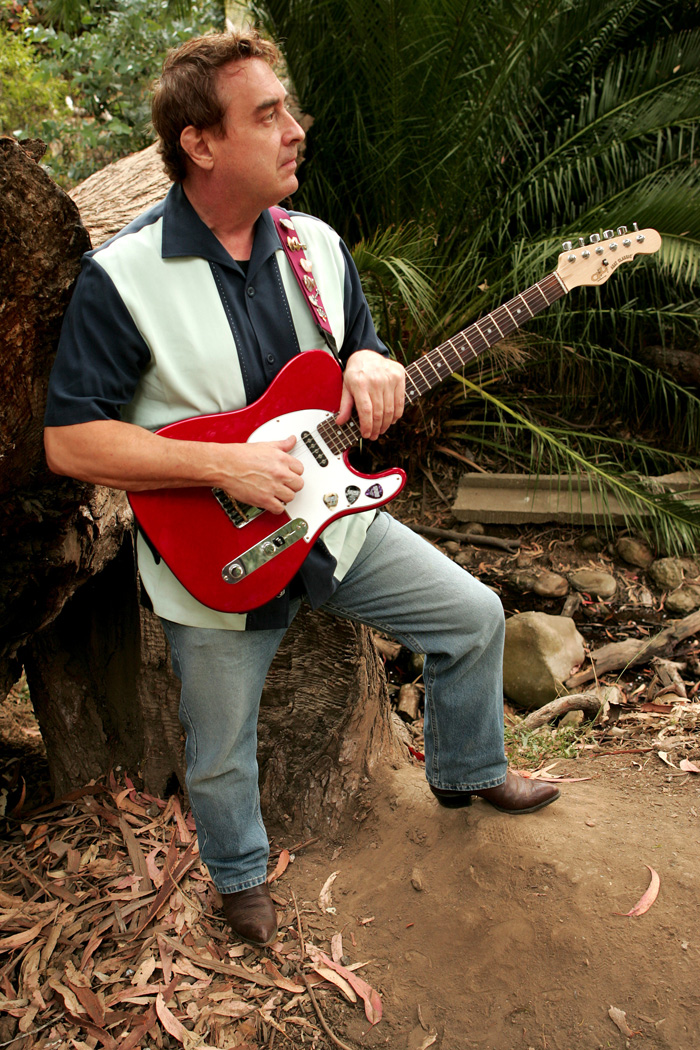
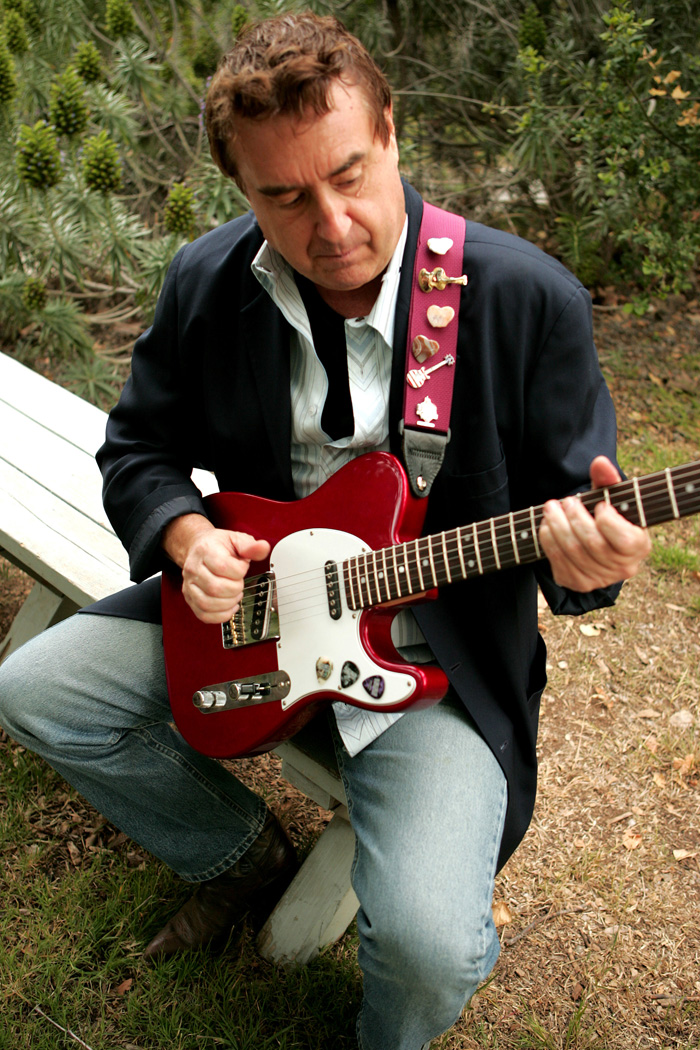
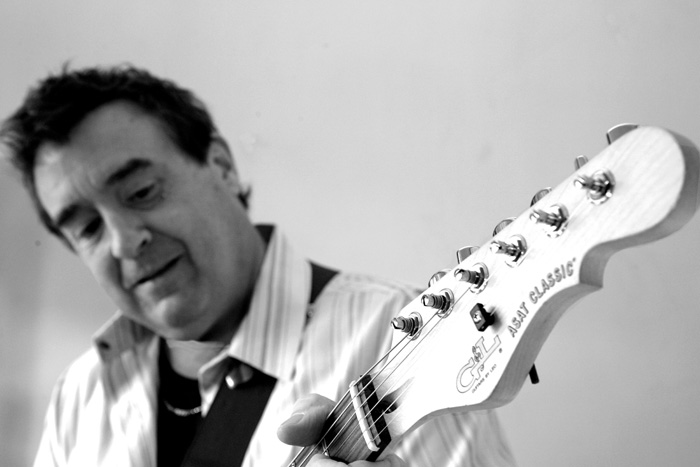
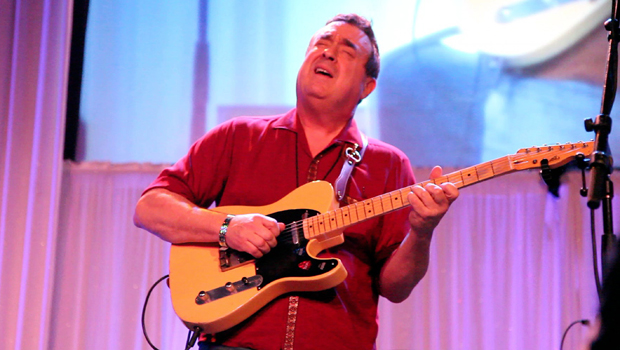
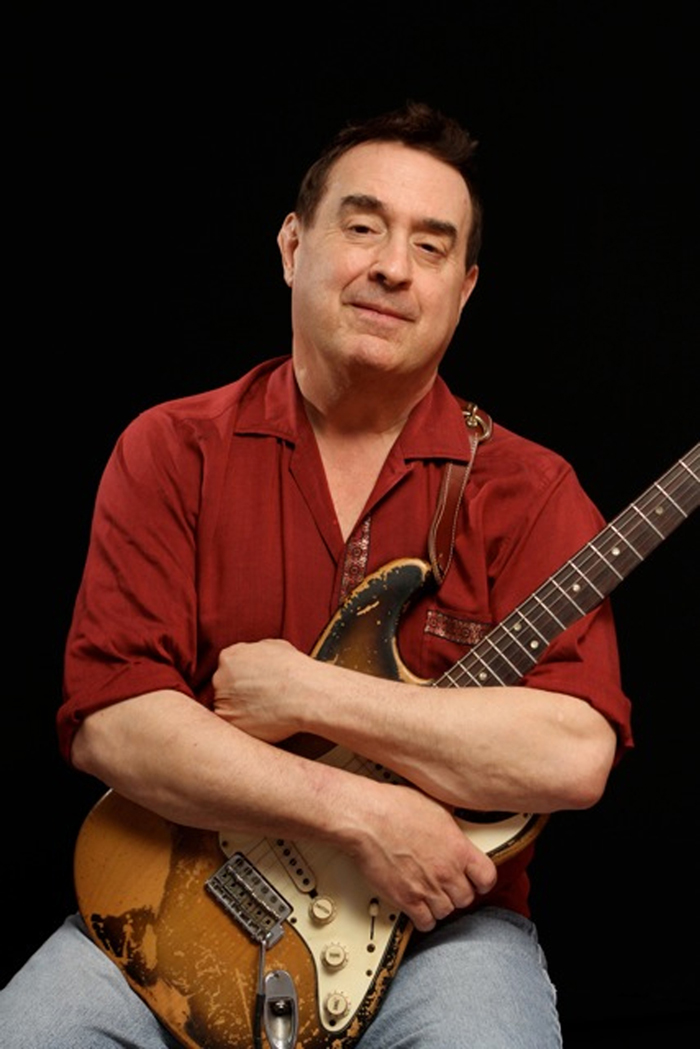
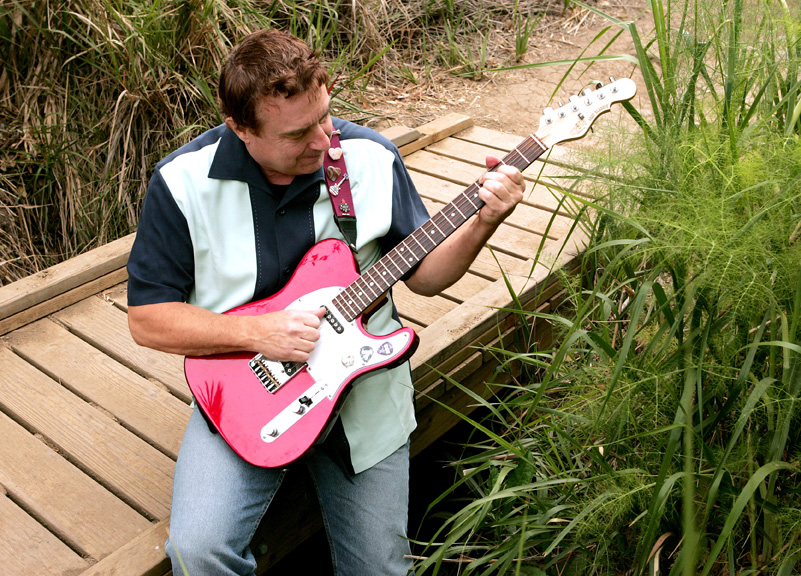
Alison Richter is a seasoned journalist who interviews musicians, producers, engineers, and other industry professionals, and covers mental health issues for GuitarWorld.com. Writing credits include a wide range of publications, including GuitarWorld.com, MusicRadar.com, Bass Player, TNAG Connoisseur, Reverb, Music Industry News, Acoustic, Drummer, Guitar.com, Gearphoria, She Shreds, Guitar Girl, and Collectible Guitar.
